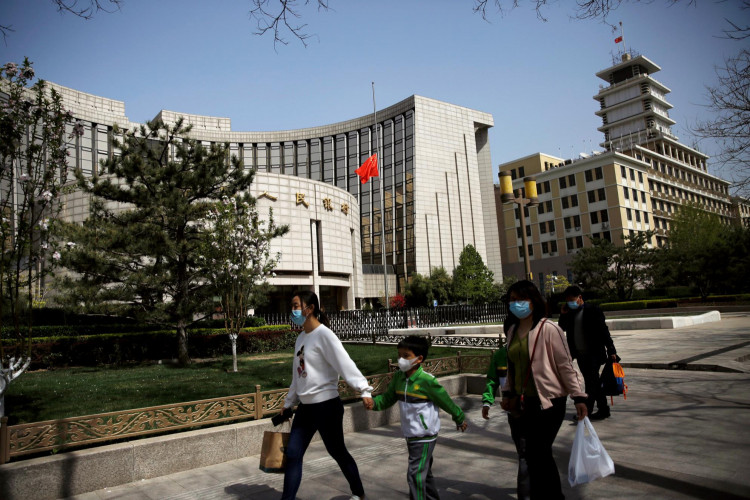Over the weekend, China opened its 45 trillion USD financial market to foreign investors. The People's Bank of China issued a license to American Express to clear its transactions in the mainland. The grant was one of the first signs that China is committed to establishing long-term opening-up policies.
China recently established a series of opening-up measures when the United States actively cracked down on Chinese companies this year. The move was to shut the US financial economy from Chinese investors. China, as a response, referred to the movement as a bid to contain China's rise, given that the bilateral relationship between the two countries has been at its lowest in decades.
Both countries caused a shifting trend of the global economic power structure. The US is increasingly losing its grip on domestic, political, social, and economic challenges. At the same time, China sowed a remarkable strategic focus on its long-term development path.
Last Saturday, the People's Bank of China announced in a statement that it would allow the entry of American Express into the Chinese market. The move allegedly opened up the Chinese payment market that has an estimated value of 27 trillion USD. The move was said to be one of China's strategies in promoting growth in the market.
Last February, China also approved Mastercard Inc's application to provide bank card clearing services in the mainland. Last May, a US-based global rating firm Fitch Ratings, also received approval from the PBOC in rating China's domestic bond market. According to the PBOC governor Yi Gang last May 26, other US financial institutions were also granted access, such as Goldman Sachs, Morgan Stanley, Russell Investments, and BlackRock.
YI said that the pandemic did not disturb the pace of China's financial opening to global finance. He pointed out that China has announced the observance of over 40 measures for it to open up its economy to the world in recent years. He added that there has been a wide range of sectors, such as asset management, securities, and banking, covered by these measures.
The US government, on the other hand, continues to impose measures that might bar Chinese companies from its economy. Following scrutiny against Huawei, Washington started to target Chinese tech companies. In recent weeks, the Trump administration has moved to delist some Chinese companies from its stock exchanges.
The moves said to have manifested the intent of the world's largest economies. The US showed an inward mentality and protectionism, while China has been increasing its openness to the global economy.






